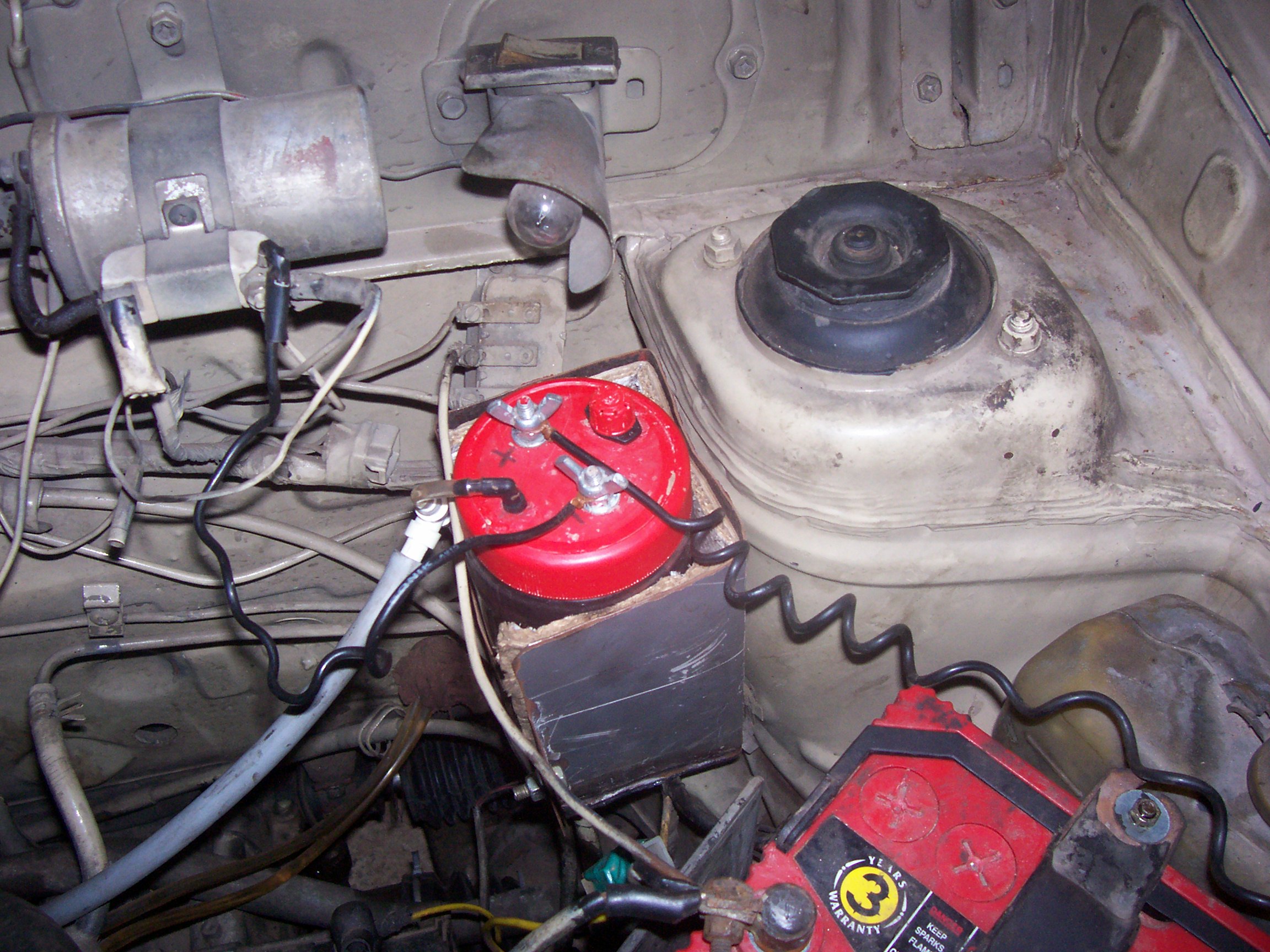As the world is searching for an alternative to fossil fuel in the light of global warming and environmental pollution, two Bengali professor-cum-researchers have accomplished considerable success in this field. Presently working with Haldia Institute of Technology (HIT) as professors, Dr. Biswajit Mondal and Dr. Sunil Baran Kuinla, along with Delhi-based researcher Dr. Sukumar Bag have created a new device, which is capable of reducing the fuel usage by 20 percent to 50 percent in automobiles just by using water.

Professor Kuinla explained to The Bengal Story, that through electrolysis the chemical composition of water (H2O) transforms into “HHO” commonly known as “Brown Gas”. Although, hydrogen characteristically is prone to explosion, but if this gas is used immediately it loses the explosive elements. This gas, otherwise used as an alternative fuel can be used to inflate the functionality of the engine.

Dr Mondal, Dr Kuinla along with Dr. Bag have used this chemical composition to create a new device that will perform as an electrolyser. The device named “Brown Gas Generator for Automobile Engine” will require water as an ingredient.
This generator has to be placed close to the engine of the automobile and get easy access to the vehicle battery to derive power required to perform the function. The device should be kept connected to the engine. The researchers say that this will electrolyse the water to generate Brown Gas and the produced gas will make its way directly to the engine (hybrid engine). Professor Kuinla says this element will accelerate the speed of the vehicle while using less fuel. It will reduce fuel consumption by 20 percent to 50 percent.
Professor Mondal said that though they completed the research in 2009, they received the patent for the device from the Union Ministry Road and Transport only in 2017. HIT has been patented for the device for 20 years. According to him, this device will cost between Rs 3000 and Rs 5000 depending on various vehicular models. Researchers have said that the device will be commercially available soon.

